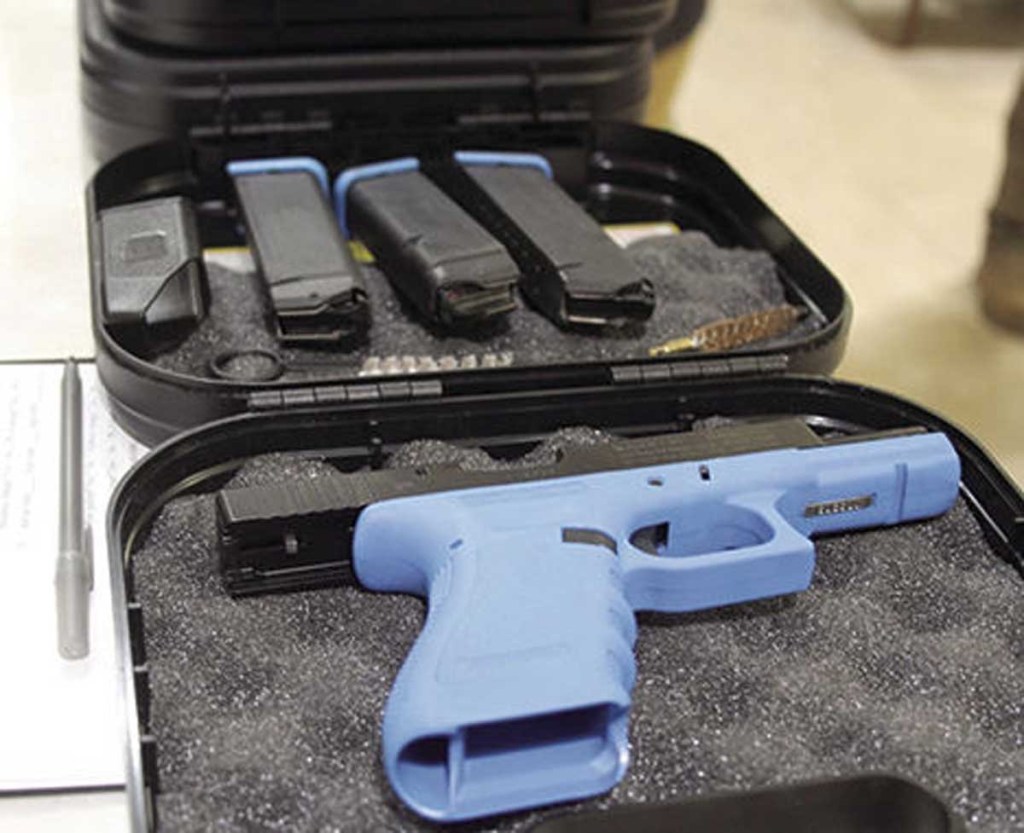Sterling Center receives MPD training in active shooter defense
Published 5:42 pm Saturday, September 28, 2019

- Sterling Center receives MPD training in active shooter defense
MOULTRIE – Usually, Pat Littleton is a hospital maintenance crew member. Yesterday, he was one of the gunshot victims in an active shooter training exercise.
The drill exercises were put together by Colquitt Regional Medical Center, The Moultrie Police Department, the Moultrie Fire Department and Colquitt County EMS, and were open to members of the MPD, MFD, Medical Center crew personnel and civilians to give them a chance to train and learn what to do during an event of an active shooter.
From 8 a.m. to 12 p.m. at the Sterling Center, 1 Live Oak Circle, the members of the training exercise engaged in short drills overseen by the Moultrie Police Department.
“We’ve not had an active shooter drill to this extent,” said Littleton, speaking of the Medical Center, “We’ve done walkthroughs, and ‘what would you do’ scenarios, but we just want to be as prepared as we can be. This is the first time I’ve been involved in something to this extent.”
“It’s important for the safety and training of our staff,” said Rita Gay, Emergency Management Coordinator and Director of Respiratory. “It allows them to actually know our facility better, so if something were to happen here, they would be familiar here and they would know the protocols and procedures.”
Participants engaged in as realistic a scenario as possible, ranging from ‘victims’ covered in moulage – or stage blood – to indicate wounds to the sounds of gunshots in the area.
“Without it being as realistic as possible, you can’t expect to have a good training opportunity,” said Gay.
The three scenarios ranged from a patient angry with his doctor to a domestic dispute between two patients that eventually escalated to gun violence.
“It was very educational,” said Littleton. “It was very realistic.”
Participants learned the basics of surviving an active shooter, including running, hiding or fighting, learning to barricade doors as well as the building’s ins and outs.
“Things happen quickly. When you’re not prepared, your brain scrambles,” said Karen Dell, a nurse practitioner who participated in the scenarios as a bystander. “You’re not going to react in the way you think you would, so training is very important. You have to do it. You’ve got to be willing to run, fight or hide, but in the moment, it’s difficult to make that decision if you haven’t had this training. You’ve got to spend time off work training and that’s what we’re doing here.”



